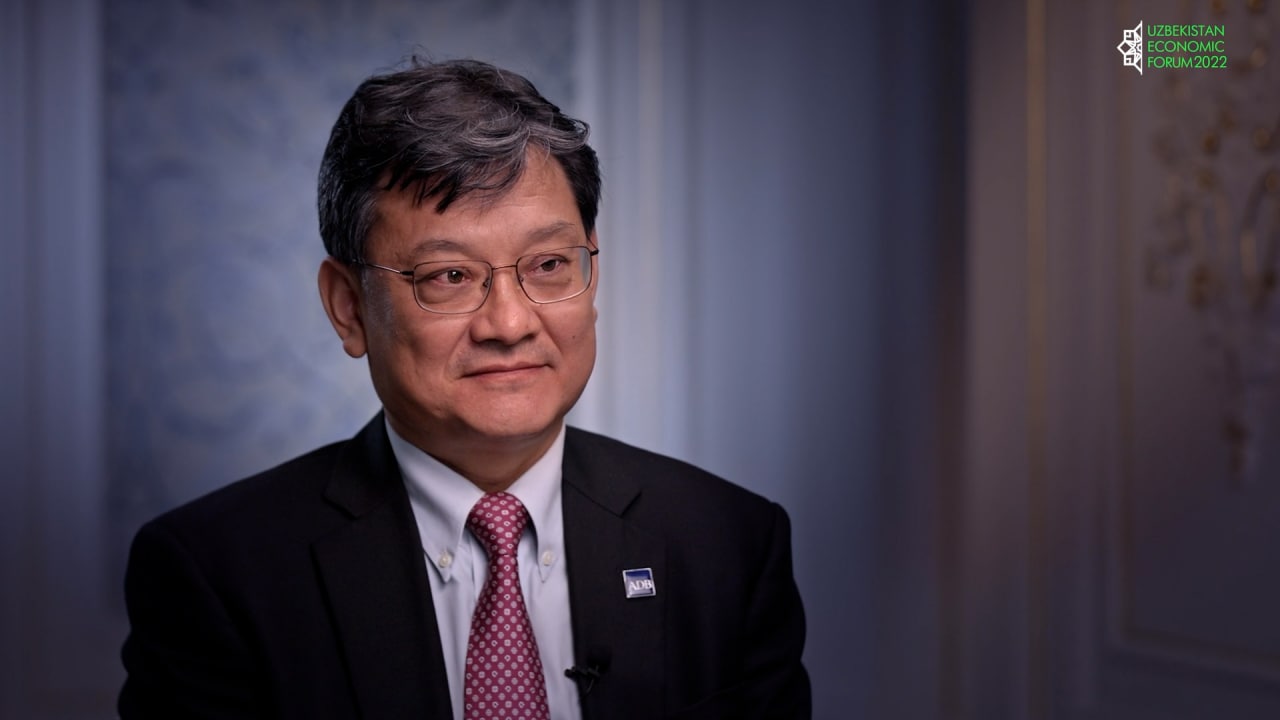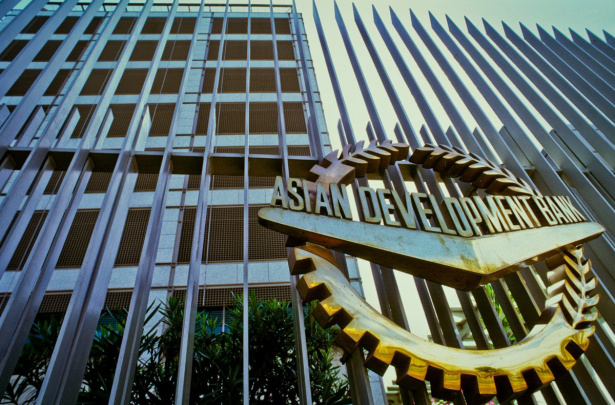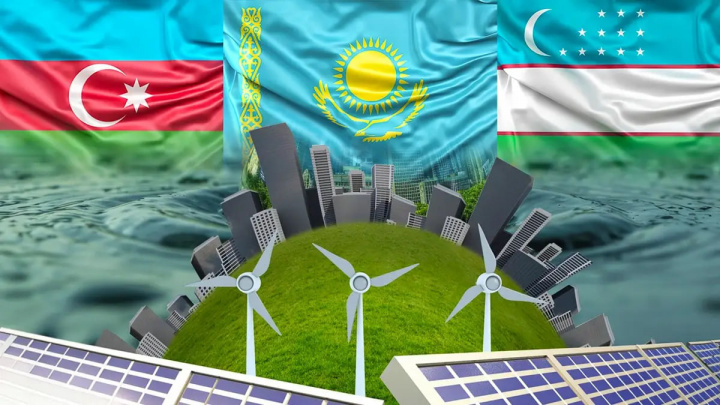“Investing in education leads to faster economic growth” – Shixin Chen
ADB Vice President Shixin Chen spoke about the priority of transition to green growth in the region, the development of the private sector, reform of the banking sector, and a number of other activities that are planned to be implemented in cooperation with the government of Uzbekistan.

Charlotte Kan: Hello, welcome to the II Uzbekistan Economic Forum in Samarkand. I am glad that the Vice President of the Asian Development Bank Shixin Chen is also participating here. Thank you for joining us.
Shixin Chen: Thank you.
Charlotte Kahn: So what are the current priorities for ADB in the region?
Shixin Chen: The region is going through a very difficult period due to the COVID-19 pandemic and subsequent external shocks. This makes the situation more difficult than ever in terms of trade, tourism, remittances and supply chain disruptions. All this adds up and makes the situation confusing.
Overall, the region faces growing budget deficits, currency volatility, and supply chain challenges. This leads to a very difficult situation in terms of security and energy supply. Also in terms of how governments support the structural reform agenda. These are very difficult times, but when we look at the crisis and challenges in the ADB, we are also talking about opportunities.
In this regard, we should pay more attention to what can become a window of opportunity in this very difficult time. At the same time, I think there are several areas where we can explore ways to focus on developing the economy and other sectors in the region. The most important thing is to try to change the development model from the traditional way. This is a good opportunity to understand that we should be green, and there are some opportunities here.
For example, in the Caucasus and Central Asia region, there is a perspective in the network of renewable energy sources, which can attract a large amount of investment. In fact, the private sector is very interested in this. There are conditions for investment and, at the same time, to improve energy efficiency. We can see hydropower as an example. The system is outdated and requires some upgrading, increased production, and an alternative source of water supply.
In terms of demand, we have the idea of e-mobility, that is, e-business, e-motorcycles and e-shopping. These are from the demand side. You see, this is a huge opportunity. But the question is, we need to reform our work and how it will help to implement the investment programs. Then we get green growth. This is a very important thing.
The second aspect we are thinking about is human capital development. We are facing a deficit due to chronic underinvestment in human capital. If you invest in education, the growth curve deepens. This is how we grow faster. We can fix this somehow. We are focusing on the high quality of education in the region to develop human capital, especially education. This allows to supply the market with young qualified personnel and meet the demand.
Another direction is the study of the situation among remote areas and sections of the population in need of social protection, including women and girls. Now the private sector is also paying attention to the health sector. This is a great opportunity to create a network of new hospitals, medicines, essential products.
The third direction is to support and expand the participation of the private sector. We are very pleased to help them improve their business and achieve success in many emerging areas, including digitization and e-commerce. E-commerce has great potential, we need to support it. ADB is also very interested in supporting public-private partnership programs where there are significant demands. The public and private sectors can work together and share risks. I think that we should focus on these areas in the region and work on them. And we are very interested in supporting them.
Charlotte Kan: The second economic forum was organized in Uzbekistan. What progress or changes have you seen over the past year?
Shixin Chen: There are two aspects. First, the problems change. You know, last year there was COVID-19 and we talked about the light at the end of the tunnel. But suddenly we have external shocks and interest rates are rising today. Thus, the investment environment may tighten, and the government financial space is also changing in some ways.
But what I like to see with Uzbekistan is the government’s commitment to reform and a vision of how they’re going in the future. There is a National Development Strategy for 2022-2026 that sets out how to move forward. Many aspects such as reform of state enterprises, development of the private sector have taken place. The government is now talking about how to attract private partners, reform the banking sector and invest in food security. For example, the focus is on investing in infrastructure to increase agricultural productivity, working on value added chains in the industry, and developing agribusiness.
In addition, the government is thinking about social protection and stability, which is very important to pave the way for long-term development. In this respect, more attention should be paid to vulnerable groups to support people affected by COVID-19 and external shocks.
I also focus on the energy sector when I talk about the region. There is great potential for energy security, 20 or 30 percent renewable energy sources, even solar and wind energy use here. We are talking about 20, 30, 12 gigawatts. I think this is something that really needs to be discussed and the ADB would like to help in this direction.
Related News

16:06 / 09.04.2025
ADB forecasts Uzbekistan’s economic growth at 6.6% in 2025

19:33 / 07.04.2025
Azerbaijan, Kazakhstan, and Uzbekistan plan to establish green energy corridor

15:14 / 02.04.2025
ADB approves $30 million loan to boost Uzbekistan’s mortgage market

14:25 / 22.03.2025



